On the day Fareed Houshmand was arrested, a heavy sadness seemed to descend on the Turkish city of Ordu's refugee community.
A collective mourning had swept through the hearts of this group of Iranian refugees and asylum seekers – transcending religious and cultural boundaries. Many of these Iranians could think or speak of nothing but Fareed, who is a Baha’i, their voices quivering with tears, according to one of Fareed’s friends.
Fareed had been an asylum seeker in Türkiye for seven years. A refugee from persecution of the Baha’i community in Iran, he had carved out a life in Türkiye, driven by hope in a better future.
But in recent months the threat of deportation had cast a long shadow over his dreams.
Turkish authorities responsible for his case appeared to struggle to understand the persecution and challenges faced by the Baha’is in Iran. The danger of possible arrest, harassment and even torture, if he returned to Iran, hung over Fareed’s head in recent months.
And Fareed’s faith as a Baha’i had become something of a double-edged sword – giving him strength but also exposing him to the animosity of the Iranian government.
Fareed's life journey began on September 29, 1989, in the Iranian city of Shiraz. He lost his mother during his early childhood. His father, an employee of the Asia Insurance company, later lost his job after budget cuts.
The double blow of losing his mother and his father’s unemployment plunged the family into a series of hardships. Fareed's father then passed away about 10 years ago – two or three years before Fareed left Iran.
Fareed, like other young Baha'is in Iran, was unable to attend university because of his beliefs despite his academic potential. His job prospects were also limited. Despite his English proficiency, English language schools in Shiraz refused to employ him, again because of his religious beliefs. Fareed worked in a car parts store to make ends meet.
Economic pressures began to mount and life became more and more challenging.
Fareed’s life and work hardships were compounded by persistent harassment and pressure faced by the Baha'i community at the hands of the Iranian government. Reports of arrests and summonses of Baha'i citizens were a daily occurrence and created a climate of insecurity in their lives.
Fareed finally felt he had no choice: he had to leave his homeland.
On March 4, 2017, Fareed left Iran to seek refuge in Türkiye. He presented his case to the UN Refugee Agency in the hopes of receiving international support and protection. The UN relocated him to the city of Ordu.
He worked by teaching English at language schools though he later switched to working in a carpentry workshop. The language school had exploited Fareed’s work, paying meager wages or even withholding payment, taking advantage of his refugee status.
Eighteen months after he had moved to Türkiye, Fareed was recognized as a refugee, because of religious discrimination, and his case for resettlement to a third country was processed through the UN Refugee Agency.
But then, in 2018, the United Nations High Commissioner for Refugees in Türkiye withdrew and referred asylum and refugee cases to the Turkish Immigration Department. The Türkish authorities disregarded the UN’s previous interviews and started the asylum claims process from scratch for all refugees in the country. Provincial branches of the Immigration Department across the country took up the work.
A friend of Fareed in Ordu told IranWire, "After two years, the immigration department of Ordu province instructed asylum seekers to register for an interview. Fareed was among the first to step forward and volunteer."
He added: "Many people were anxious and sought ways to avoid registration. However, as soon as Fareed heard, he promptly registered himself because he was confident in his eligibility for asylum."
Fareed's friend said that, during the interview, when Fareed identified himself as a Baha'i, the translator and head of the Ordu Immigration Department said they were unfamiliar with the Baha'i faith. They suggested that Fareed might have adopted this faith as a ruse to obtain asylum. And they asked Fareed whether there were other Baha'is in Turkey and in Ordu.
The authorities were more focused on political and Christian cases. Fareed had to tell them about the Baha’i faith, the persecution of Baha'is in Iran, and the challenges Baha'i refugees faced in Türkiye.
Officials closed the interview and, on August 15, 2020, told Fareed his asylum case had been denied.
Fareed appealed the decision in a city court. He had to use a lawyer appointed by the court to represent him. The rejection was later upheld by the third branch of the regional administrative court in Samsun city.
Following the court's final decision, on March 16, 2023, the Ordu Immigration Department denied Fareed's request for international protection and ordered his deportation back to Iran. The decision came, ironically, on the same day that Fareed secured an Australian humanitarian visa through his contacts in that country. If he had not been arrested for deportation then he would have been on the immigration path to Australia.
In Türkiye, individuals planning to stay in Türkiye for more than three months are required to apply for a national identification card, to remain in the country. Approved asylum seekers receive a three-year card while those awaiting interviews or whose cases are pending receive a one-year card. Holding an expired card, or no card, shows that a person is in Türkiye without legal status.
Fareed’s friend told IranWire: "One or two days before the Persian New Year [March 21] Fareed visited the Immigration Department of Ordu City to renew his card, unaware of the court's ruling. The department kept his card and instructed him to return the next day to receive a new one."
He added: "The next day, when Fareed returned to the immigration office, he was detained and the security police were contacted. They came and arrested Fareed."
Fareed was told that he would be taken to the border and deported to Iran. He was little time to tell his friends and collect his belongings. He was then kept for five and a half months months at the Erzurum deportation camp, and then another month and a half at the Agri camp on the Turkish-Iran border.
"There is a regulation that says no one can be detained in a single camp for more than six months and one day,” Fareed’s friend said. “Consequently, Fareed was transferred to another camp just before the detention period reached six months."
The friend added that it took a few days for Fareed to be given new legal representation after after his arrest. Fareed’s court-appointed lawyer did not raise any objections during the critical first week, known as the "golden week,” of the appeal.
A strong appeal during this period may have led to Fareed’s release. But since he was lacking a card, and his court-appointed lawyer’s initial reluctance, no action was taken on his behalf in the first three months after he was detained.
Fareed recorded a video describing his situation during his transfer to the Erzerum camp. Amnesty International published a letter, after this video was shared, in which it warned that Fareed's life would be in danger if he were deported back to Iran.
Fareed's friend told IranWire, meanwhile, that refugee camps in Türkiye resemble prisons in many ways. Food quality is low and people in the camp are only allowed to eat during a limited 4-hour window during the day. Available sleeping spaces are minimal and many individuals are forced to sleep on the floor. Communication devices, including mobile phones and tablets, are confiscated from camp residents.
Camp guards also subject residents to psychological pressures – for example by suggesting to people inside the camp that their deportation is imminent. "Get ready; you'll be deported tomorrow," they may say, or "We may exchange you for hostages from your country this week. No one cares about you and no one will intervene on your behalf. You’ll be here forever."
Such treatment creates a hostile environment, eroding an asylum seeker's resolve, and pushing them to return home to escape a worse fate abroad.
All of which means that the court-appointed lawyer’s stern letter to the Turkish authorities was, when Fareed was finally sent back to Iran, a case of too little and too late.
“Sending an applicant back to Iran, a country where opponents are executed daily for various reasons, and where religious minorities are arbitrarily arrested, tortured, and imprisoned, represents a grave and irreversible risk for Fareed," the court-appointed lawyer wrote. "Such actions stand in direct opposition to fundamental human rights upon which Europe was founded, and to which Türkiye is also a signatory."
"The applicant can be deported from Türkiye at any moment," he warned.
visit the accountability section
In this section of Iran Wire, you can contact the officials and launch your campaign for various problems








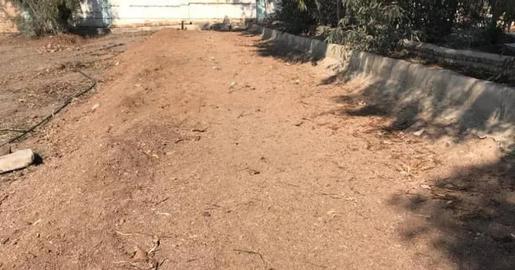
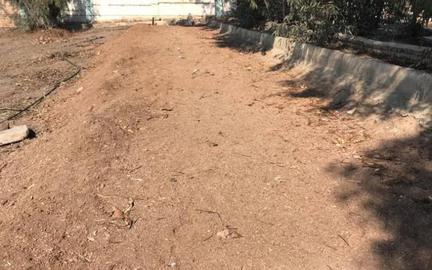

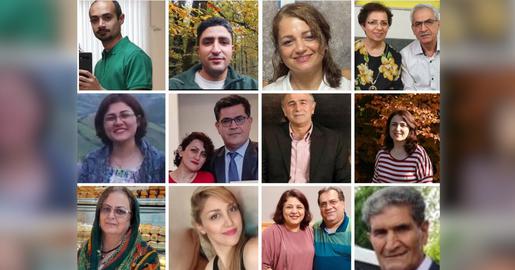
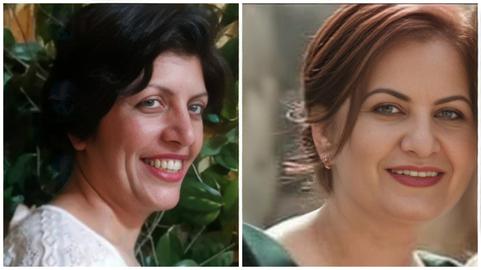

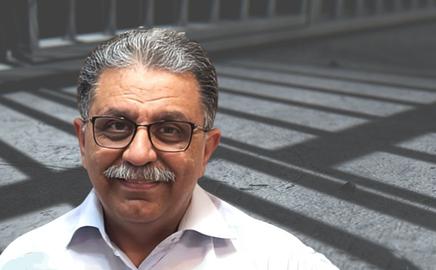

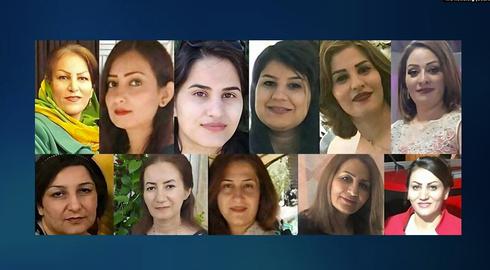
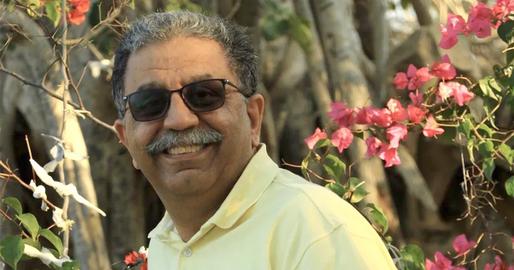


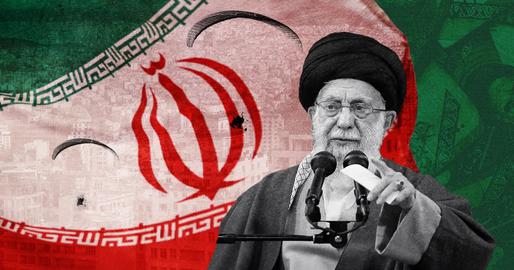
comments